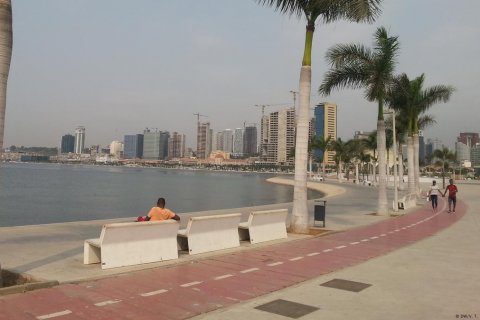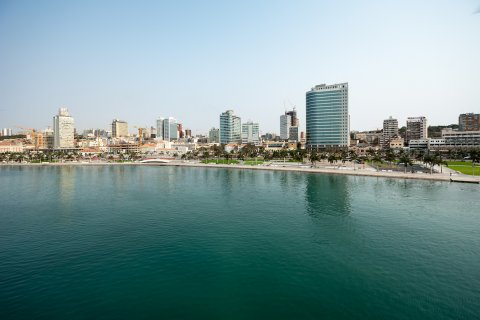The position was expressed by the Minister of Territorial Administration and State Reform, Marcy Lopes, at the National Assembly, during the approval, in general, of the proposed Law on the Regime and Form for Acts of Local Authority.
The document, which passed unanimously, is the result of a provision that is already contained in the Organic Law on the Organization and Functioning of Local Authorities.
Marcy Lopes said that the “consensus” and the participation of all, whether in general or in specialty, have prevailed in the approval of the municipal legislative package.
"This is what we want, that we are all united for what are the essential causes of the country and the people," he said.
The official disagreed with the statement by the deputy of the Convergência Ample de Salvação de Angola - Electoral Coalition (CASA-CE), Manuel Fernandes, who lacks the will to implement the autarchies, stressing that the act is not limited to the holding of elections.
“On the contrary, there is this desire. The implementation of local authorities is not limited to holding elections. The elections are only part of this process ”, he stressed.
The holder of the portfolio of the Administration of Territory and State Reform said that on the initiative of the President of the Republic, several draft bills were created, which have already been submitted to parliament and which have been approved on a regular basis and taking into account the dynamics of the National Assembly's agenda. .
"As it is also visible, the local authorities to be implemented need infrastructures, they need that, in those places where they are actually installed, several infrastructures are foreseen and real that allow the local authorities to function", he added.
The execution of the Integrated Plan for Intervention in Municipalities (PIIM), with a portfolio of approximately 92 projects, is also part of the process for holding the first municipal elections in Angola, the minister said.
According to Marcy Lopes, PIIM projects include the construction of administrative residential complexes, in municipalities where there are no places for technicians, who live elsewhere, to settle.
“This is necessary for local authorities to function. Own facilities to operate local authorities, because they provide for municipal assemblies and there must be a place for local elected officials to work, and this is being done ”, he said.
The minister stressed that "the executive wants prudence, to do things slowly, carefully, clearly, without taking things to the wrong destination and place".
In their explanation of vote, the leader of the CASA-CE parliamentary group, Alexandre Sebastião, criticized the fact that the municipalities are conditioned to the conclusion of the implementation of the PIIM.
"It is an atypical program in relation to the General State Budget and everything depends on the PIIM, which is creating the conditions", said the deputy, considering that where the State administration currently works, it serves the local authorities.
Alexandre Sebastião defended that the National Assembly should create conditions for a debate on when the autarchies will be implemented, because "the executive does not assume and the National Assembly does not assume sovereign body, either".
In turn, the deputy of the National Union for the Total Independence of Angola (UNITA), Marcolino Nhany, said that they voted in favor “to eliminate yet another distraction” and to go more and more in the direction of what is essential and unavoidable for the solution the burning problems of the populations.
Deputy Boaventura Cardoso, of the Popular Movement for the Liberation of Angola (MPLA), said that the vote was favorable, as he considered the diploma to be a fundamental instrument in the organization and functioning of local authorities.







